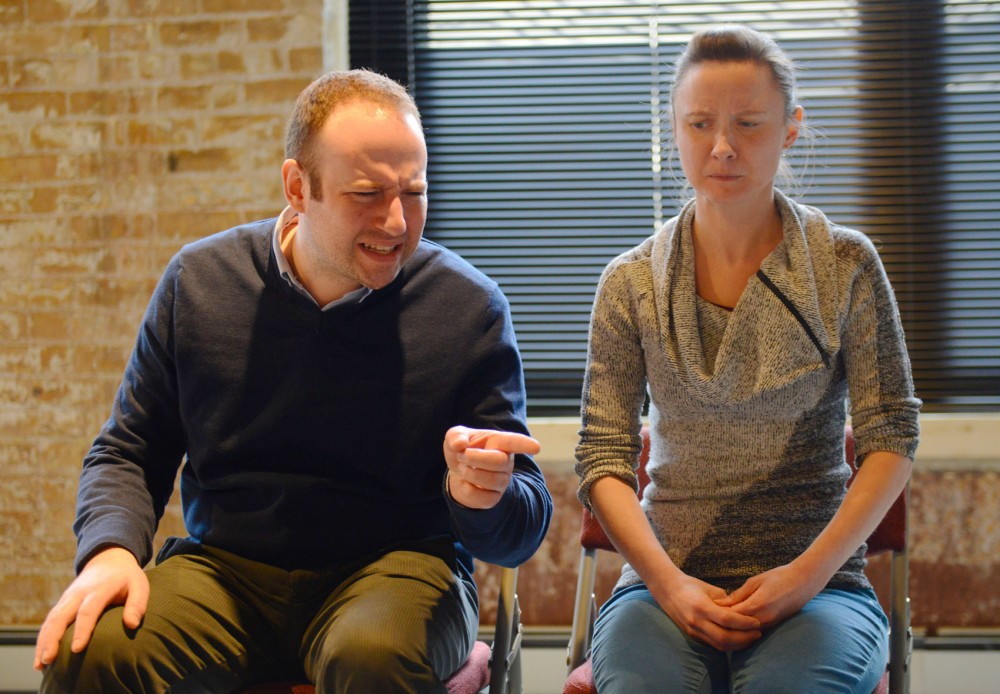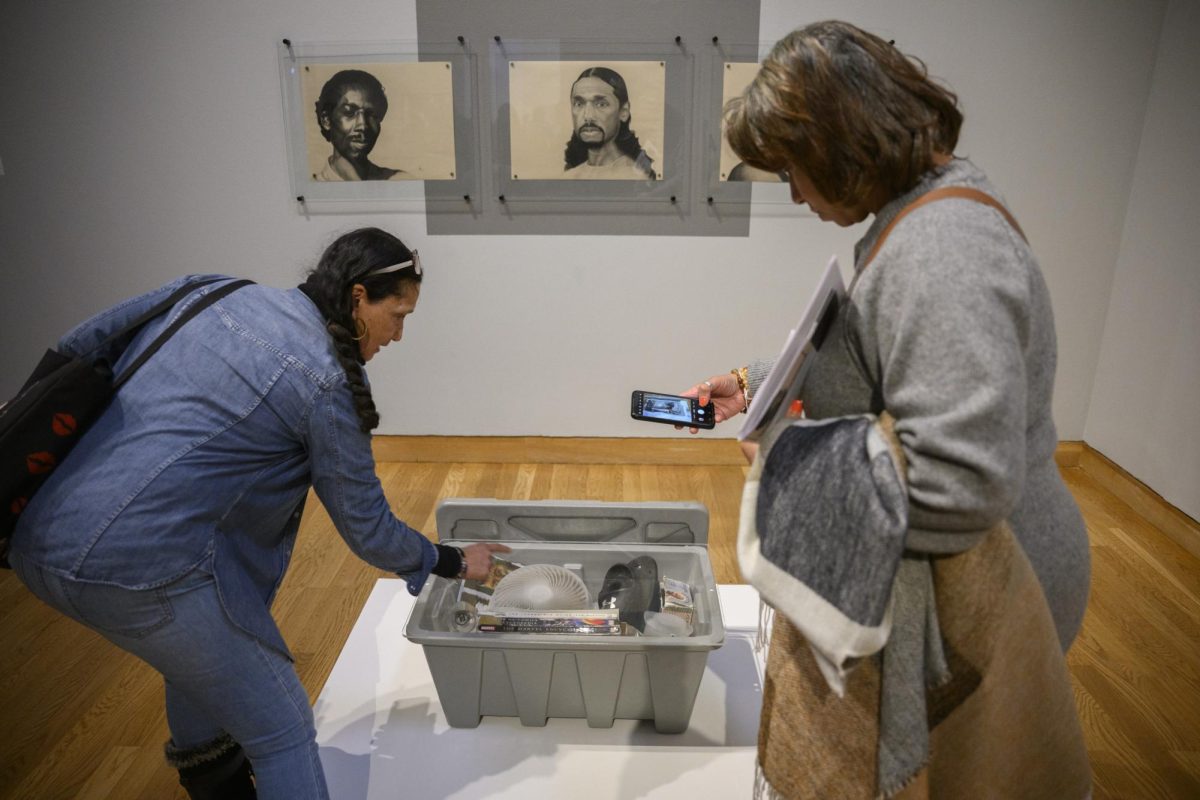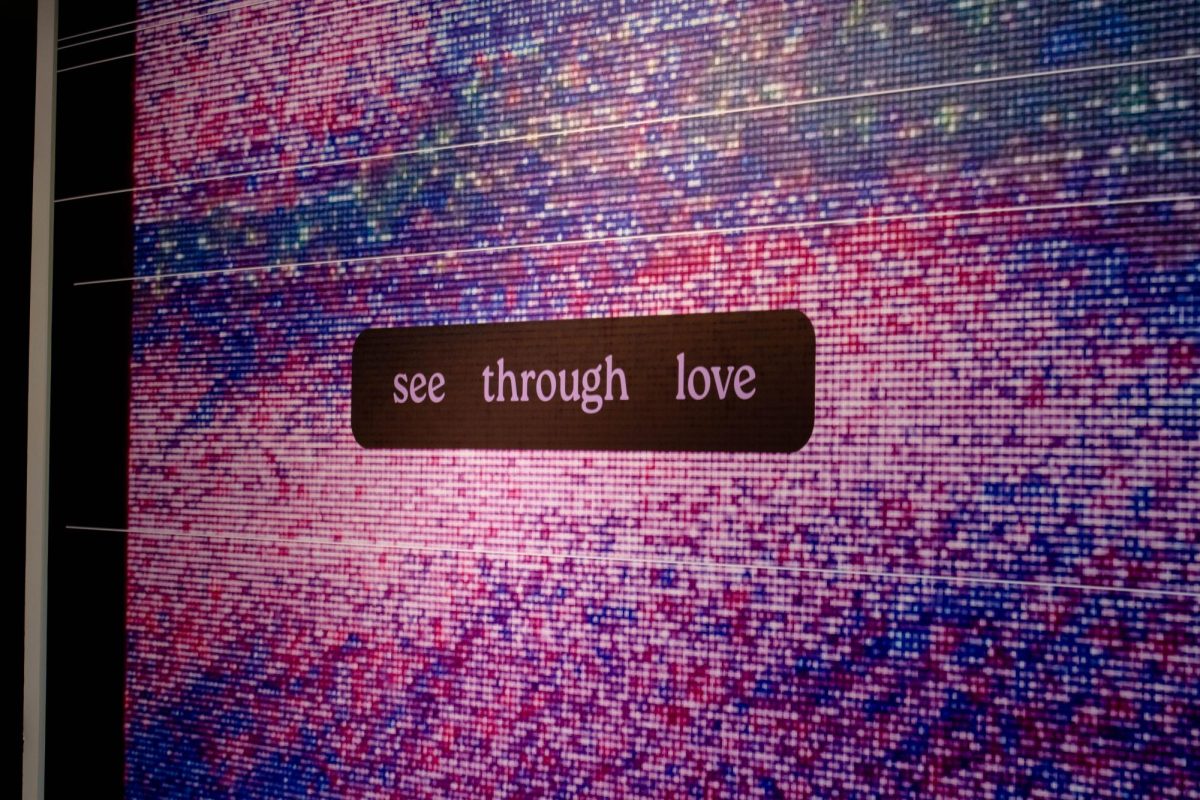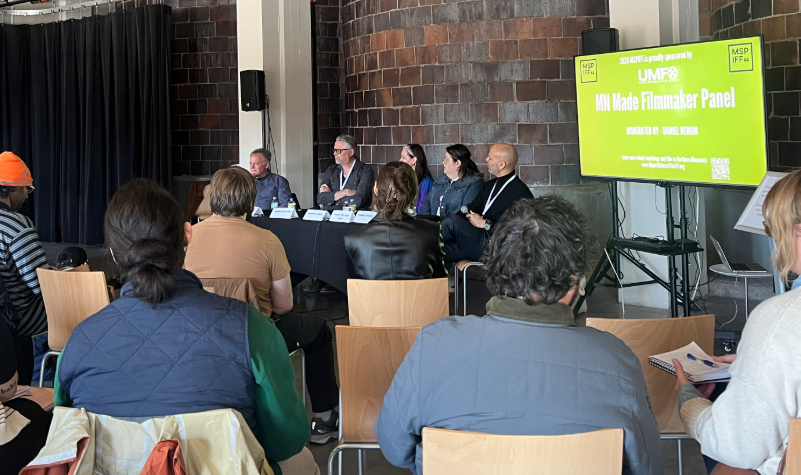It’s not often that the Holocaust is associated with laughter.
But there were moments of joy amid the horror, as prisoners used humor and art to preserve their strength and humanity.
Author Lisa Peschel spent her undergraduate and graduate years researching TerezÃn, a concentration camp and Jewish ghetto in what is now the Czech Republic, and she found that though scholars had paid attention to music and children’s drawings created there, few had paid attention to the comedy sketches and songs written by prisoners.
Since then, she’s interviewed more than 80 survivors and sought out individual scripts, binding 11 of them together for her book “Performing Captivity, Performing Escape: Cabarets and Plays from the TerezÃn/Theresienstadt Ghetto,” which she first published in German and Czech in 2008.
In honor of the English translation’s debut, Peschel will host a book launch at the University. Local actors Ryan Lindberg and Emily Zimmer will perform various selections, with explanations from Peschel in between.
“The event is about the wide range of the prisoners’ reactions that were performed in many different theatrical performances,” Peschel said.
The legwork
Peschel’s research began with her work at the University of Texas and continued through her doctoral dissertation.
“I knew pretty much from the beginning that she would follow this as far as it went,” University of Minnesota associate theater professor Margaret Werry said.
Werry was the adviser for Peschel’s doctoral dissertation, which examined how a specific group of survivors recounted the significance of theater in the ghetto over time.
“I think [Peschel’s] book and the work that she has done is absolutely invaluable because it’s both scholarly — the scholarship in her book is absolutely impeccable — and at the same time, it’s fascinating,” Holocaust survivor and filmmaker Zuzana Justman said.
Setting the stage
TerezÃn was dubbed a “model ghetto” — an effort to hide the nature of concentration camps from the outside world.
About 30,000 people died there from disease, malnutrition and exhaustion.
Prominent Jewish figures were imprisoned there in part for the sake of using their skills, said Jodi Elowitz of the University’s Center for Holocaust and Genocide Studies.
Some jobs at TerezÃn were unique from those in typical camps. For instance, writers were given office work such as making charts, graphs and transport lists, which required a typewriter, Peschel said. Access to these typewriters allowed the prisoners to type plays.
The performances at TerezÃn included both popular works and original pieces written by prisoners, Justman said.
The plays were performed in small, crowded spaces and used minimal sets, if any.
Not all prisoners were able to be audience members because the large population density at TerezÃn made it hard to get a ticket. For those who could attend, though, the experience was invaluable.
“It was a moment when we could forget that we were in prison, really,” said Justman, who was both a performer and an audience member.
Within this escape, the prisoners were able to find their own power.
“They were having an intensely negative Jewish identity being imposed on them,” Peschel said. “They could recreate their own identity by acting it on stage.”
Resurrected
Though many of the jokes in these plays get hearty laughs, not all of the humor translates for modern audiences, actor Lindberg said.
“There’s this piece where they talk all about how skinny’s in, like, ‘You don’t want curves, you want to be able to see the bones. That’s what’s in.’ How am I supposed to laugh at that?” Lindberg said. “But they did. So it’s funny, and it’s also a fascinating examination of our basic humanity.”
Lindberg spoke positively about the “wall of discomfort” that sometimes arose when an audience didn’t laugh at a joke.
“You’re fiercely challenging their preconceptions about the Holocaust, themselves and the people that were doing it,” he said.
What: “Laughter in the Dark: Newly Discovered Songs and Sketches from the TerezÃn /Theresienstadt Ghetto, 1942-44”
When: 7:30 p.m. Thursday
Where: Ultan Recital Hall, Ferguson Hall, 2106 S. Fourth St., Minneapolis
Cost: Free








